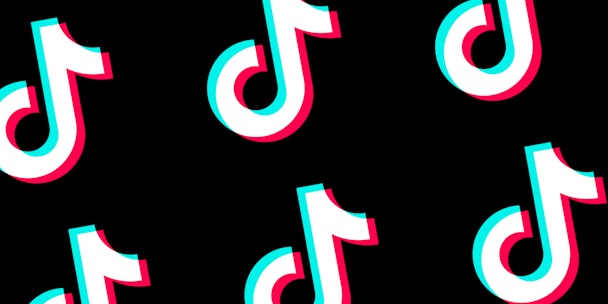TikTok granted 45 day reprieve in the US as Microsoft races to acquire app from Bytedance
Microsoft has pledged to move quickly to acquire TikTok from parent company ByteDance by 15 September. It has also promised to ensure all private data of American users is transferred to, and remains in, the United States.

TikTok has been granted a 45 day reprieve in the US
US president Donald Trump had said he would soon ban TikTok in the US because of national security risks presented by the platform and other Chinese software companies.
However, Trump put his plans on hold after talks with Microsoft chief executive officer Satya Nadella, agreeing to give Microsoft and Bytedance 45 days to mash out a deal.
Why is this happening?
- TikTok’s US user data is stored in the US and its biggest investors come from the US, but the Trump government believes the platform is sharing information with the Chinese government, citing China’s establishment of a sweeping new national security law for Hong Kong.
- The US wants to follow the example of India, where the country’s Ministry of Electronics and Information Technology has placed a blanket ban on 59 mobile apps from Chinese companies that it said “engaged in activities prejudicial to sovereignty and integrity of India, defence of India, the security of the state and public order”.
- Some believe the US is wary of the potential of China tech giants, such as TikTok, WeChat and Weibo, expanding beyond their borders.
- TikTok generated revenue of $5.6bn during the first quarter, growth of 130% year-on-year, and in April surpassed 2bn downloads across both iOS and Android devices according to Sensor Tower.
- During Q1 alone, TikTok saw installation numbers of 315m – the largest download figure for any app to date in a single quarter. That surge was, in part, driven by the global lockdowns imposed by the Covid-19 pandemic, but also in the advertising – mainly through Snap – to build its young user base. And suddenly it has caught the attention of older generations too.
- TikTok’s rival Facebook is under heavy pressure from core advertisers to change its policies having hosted hate speech over the years, but has wavered with claims of neutral stances. Bytedance, on the other hand, appears to be reactive and recognizes the need to build trust in its app. Last year it was the first platform to ban political advertising.
- A group of TikTok users conspired to embarrass Trump on his drive for a second term in office through fake sign-ups to a rally in Tulsa, Oklahoma – a feat they attempted to repeat in New Hampshire.

